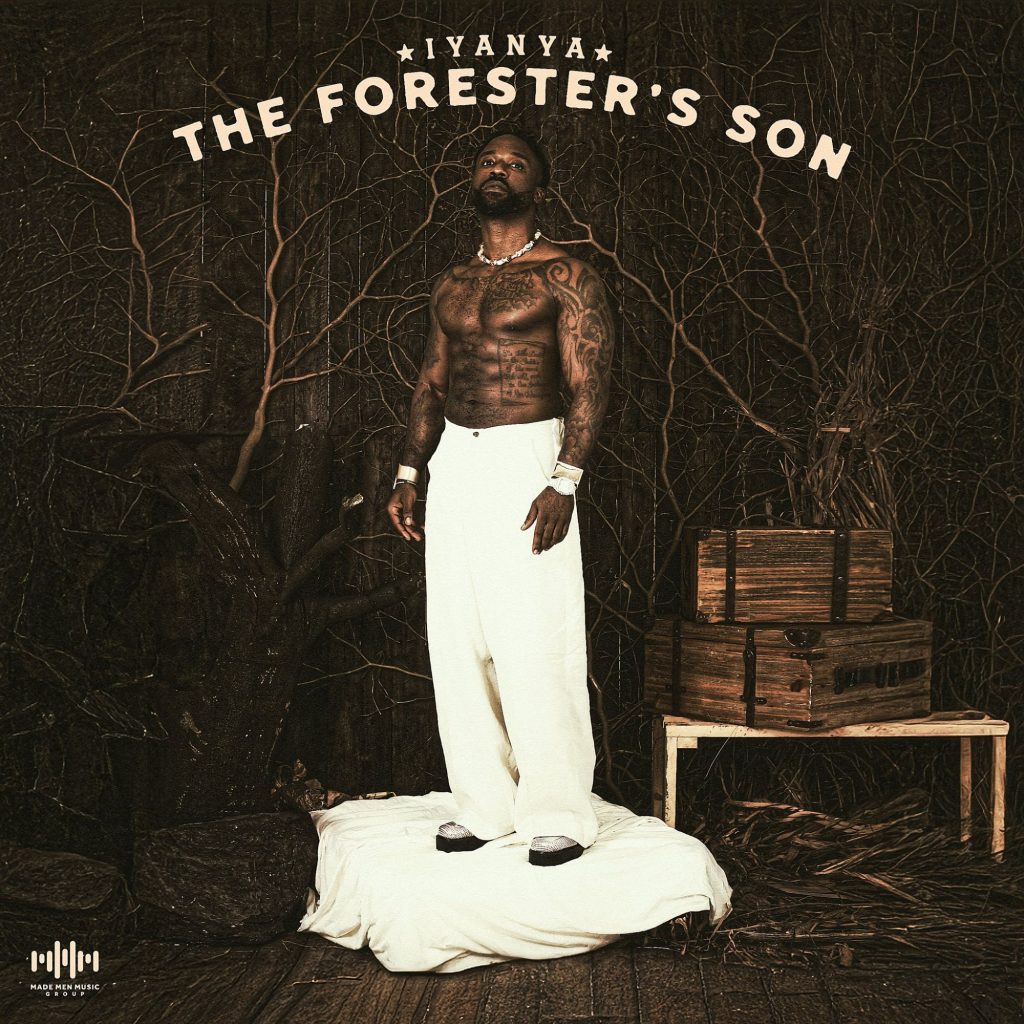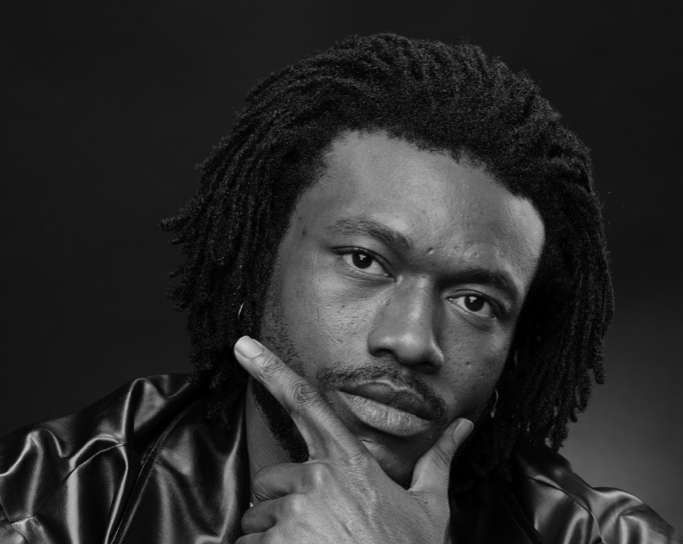On his fifth studio album, Seyi Vibez is exhausted like some disgruntled worker clocking in dispassionately for minimum wage.
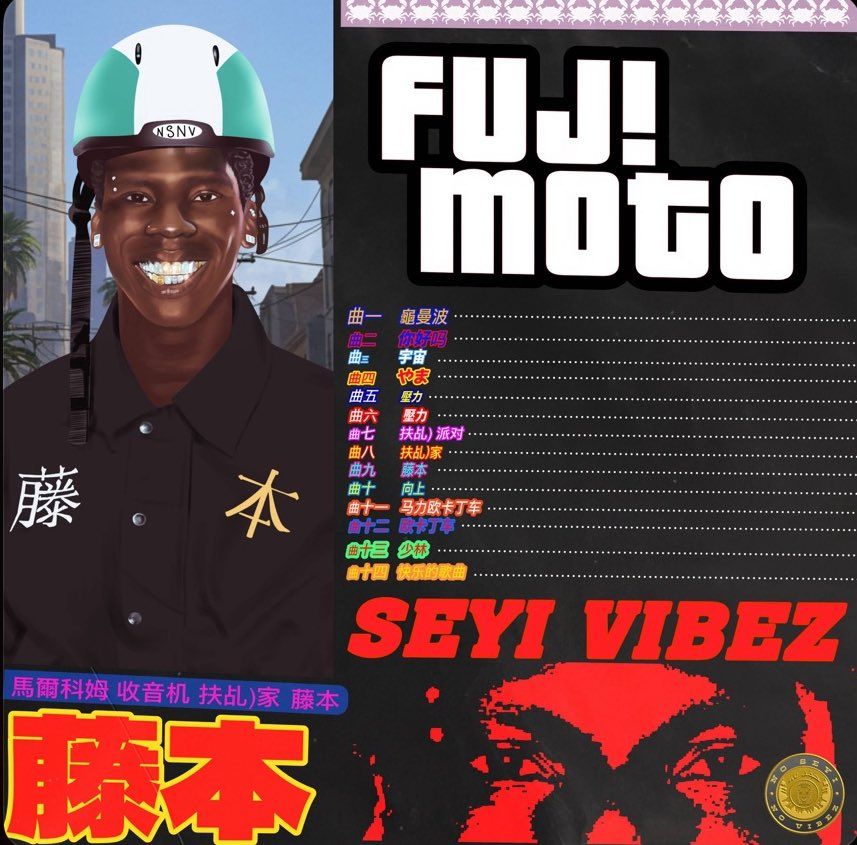
Despite this writer’s reservations for Seyi Vibez and his artistry, the brilliance that produced albums like Billion Dollar Baby, NSNV and Thy Kingdom Come is undeniable. And in the past two years, he’s released a slew of EPs that have established him as a mainstay and frontrunner in Afropop. In 2024, he was the most streamed Nigerian artist in Nigeria—a feat that cemented his status as one of the relevant artists of his generation.
In true Seyi Vibez prolific fashion, he opened the year with an EP, Children Of Africa and while that EP is a mixed bag it produced one stellar record and other okay ones to justify its existence. Fuji Moto on the other hand barely does anything to justify its existence. It’s not farfetched to say that it’s possibly Seyi’s worst album and also one of the worst 2025 has offered so far.
Asides Seyi’s apparent devil-may-care creative approach to this project in the execution, the motive and ambition here is also suspect. It’s natural for every artist to upscale and aim for global prospects, but you don’t export your music by taking a drastic turn by abandoning your roots and selling out your sonic identity. The home base should be tapped in to propagate the music to greater heights.
Especially in the case of a street pop artist who makes music primarily in a form that’s more accessible and enjoyable to natives than foreigners. Seyi not only strips away essential elements of his artistry for a more bland and Western-ized version of himself, but he also features artists that are in no way sonically compatible with him for the sole purpose of tapping into their fanbase.
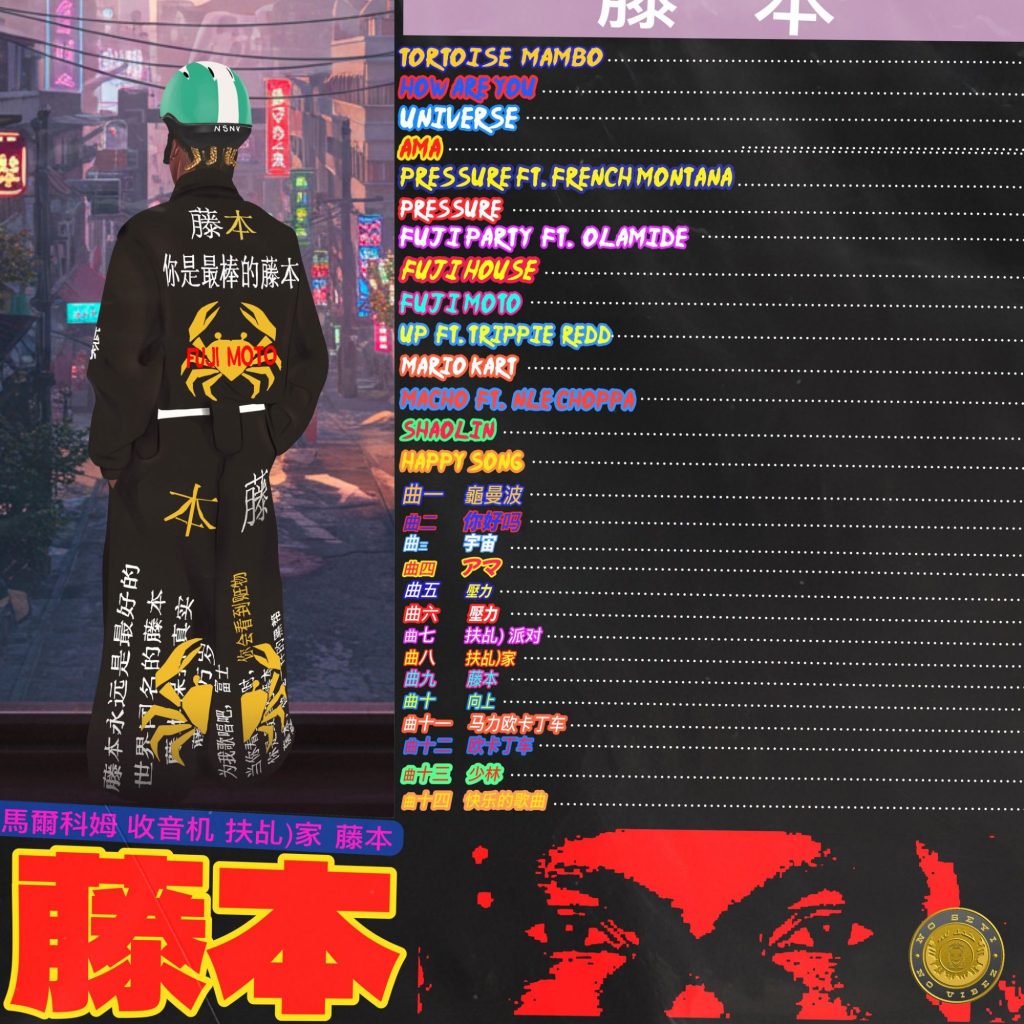
This writer loved Pressure when it came out and it remains one of the album’s best offerings, but the writings were already on the wall since then. Pressure is a good song because it’s a well crafted melodic Afro-pop song with soulful R&B undertones and resonant writing. While all these elements are good, it wasn’t a good ‘Seyi Vibez’ song. It lacks crucial elements of his artistry in writing and delivery style, as well as production also. While that isn’t inherently a bad thing, the fact is that any decent artist worth their salt could have made the record. There is barely any personality on it, talkless of Seyi’s.
Shaolin is the perfect example to highlight this flaw. It’s a great Seyi Vibez song because in itself, it’s an ingenious Afropop song with creative Apala infusion and an experimental cinematic soundscape. And more importantly, it’s a great Seyi Vibez record because you’ll be hard pressed to find anyone that will make the record the way he did. On this album, there are barely any songs like that.
The three-track FUJI sequence might not succumb to the overall vice of Seyi’s artistry being diluted, but they aren’t great songs either. FUJI PARTY is such a waste of an Olamide feature and it plays like a b-tec SHAOLIN except it lacks the bite of SHAOLIN’s visceral production and Seyi’s dynamism is nowhere near what it was in the aforementioned song. Olamide’s verse also sounds like a poor man’s version of his great verse on Shallipopi’s Order.
FUJI HOUSE is also cut from the same fabric, except the tempo is dialed down. It’s important to note here that Seyi’s writing on this album is atrocious. He has never been a phenomenal writer, but his mastery of catchy lines and cadence have always masked the incoherent deficiencies in his writing, and now that those traits are mostly missing here—his flaws are on full blast.
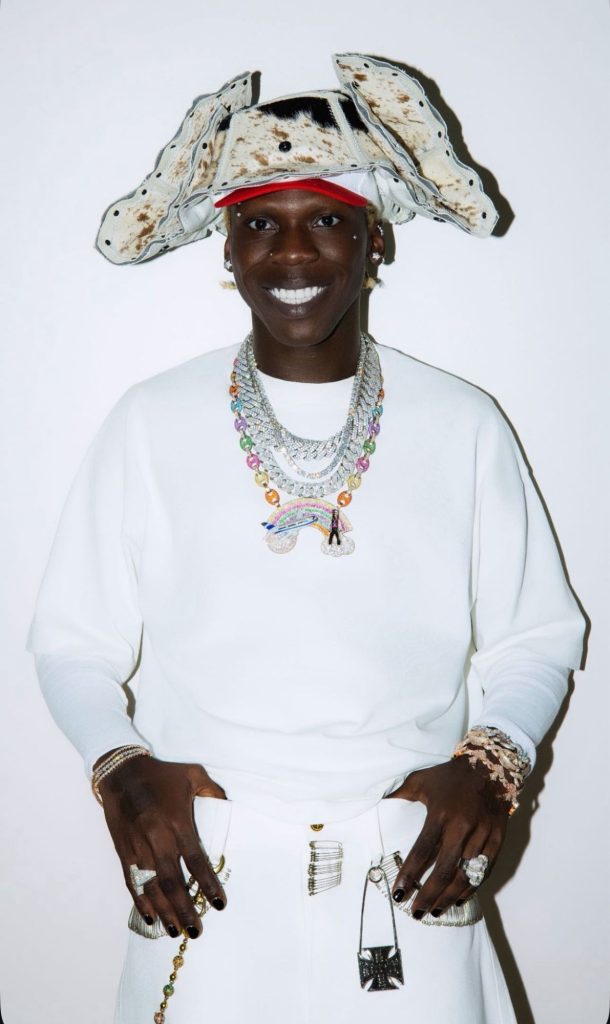
The production on the eponymously titled track takes a different twist from the preceding tracks, by incorporating heavier percussion and drum rolls but it’s not enough to save it from mediocrity. Seyi’s writing leaves little to be desired and the second half of the song is mostly just him swapping out the second word of the title with new ones.
It’s no exaggeration calling TORTOISE MAMBO the worst album opener of 2025 because it’s so emblematic of Seyi’s lazy approach to this album. The beat strives for something monumental and grand, but it’s so bare of flavor and personality that the whole thing falls flat. Seyi also says nothing of note and only iterates that he could sing like he’s from any part of the world, like that’s an accomplishment if not done well.
HOW ARE YOU and UNIVERSE sound like the staple mainstream Amapiano fusion tracks that propelled Seyi to mainstream success and while the production on these tracks are quite good, Seyi is so one-dimensional in his delivery on the former and his lines are slurred like he was abruptly woken up from sleep to record them. UNIVERSE might be slightly better than the former, because the writing is a bit competent despite being a rehash of his past songs.
However, the poor stacking of choral vocals return. Once again, the point of having background vocals is to have an array of differing notes harmonizing in one soulful synergy. Seyi’s crowd vocals usually have no variety in vocal range and are also poorly stacked. AMA heads into the melodic territory PRESSURE excelled in and while it’s a good song, it’s so shamelessly sonically derivative of PRESSURE that it instantly takes your mind to that record. It certainly doesn’t help that PRESSURE comes right after it.
The addition of French Montana to PRESSURE isn’t the worst decision on this LP, because French is somewhat of a sonic fit on it but this version is nowhere as good as the original because both artists don’t gel well together or attain the alchemy needed to pull it off. UP sounds more like a Trippie Redd record, than it is a Seyi Vibez one. While it isn’t sacrilegious to for an artiste to head into the world of the featured act on an LP, it wasn’t however executed well on this album.
Davido did the same with Omah Lay on With You, by collaborating with Omah’s producer, Tempoe and that decision resulted in 2025’s biggest hit. The difference between both songs is that Davido makes With You his by bringing his unfiltered artistry into that soundscape and owning it in a way, that you forget it’s Omah Lay’s usual territory.
Sure, a lot of people say they prefer Omah’s verse but Davido’s verse has his unmistakable charm embedded in it, especially in the opening lines that usually elicit a strong reaction from people whenever it comes on. Seyi on the other hand just soaks up Trippie Redd’s delivery on the song and does his own imitation of it before calling it a day. It’s honestly mind-blowing that this album doesn’t produce one single high moment to justify its existence, as the best parts of it came on the previously released EP and singles leading up to it.

This writer didn’t think much of MARIO KART and MACHO when they initially dropped because they were quite formulaic, but in contrast to how low-effort this entire album is—in retrospect, these songs are quite good. MARIO KART has production with personality in its pulsating bounce and MACHO at least justifies its NLE Choppa’s presence, even though it’s a sonic mismatch of artists again and Seyi sounds out of his depth on the song. HAPPY SONG on the other hand is such a nothing song but at least it’s great background music.
It’s quite curious why Seyi wouldn’t pour his heart and soul into his first album, as a certified indie popstar after leaving his previous record label. This is the time to for him to strive and solidify his well earned position in the pop strata and prove his detractors wrong, while also bringing new people on board. And this album falls short of what it ahould accomplish for him.
If this is the album that’s supposed to appeal to a global taste palette and export his music, then he couldn’t be more mistaken because he can’t achieve that by selling out the core traits of his artistry that defines the music and risk sounding like some generic, underdeveloped version of himself. The music also has to be good and in this case it’s simply not.
Final Verdict:
Sonic Cohesion: 1.3/2
Expansive Production: 1.2/2
Songwriting: 0.5/2
Delivery: 0.5/2
Track Sequencing: 0.8/2
Total: 4.3/10


